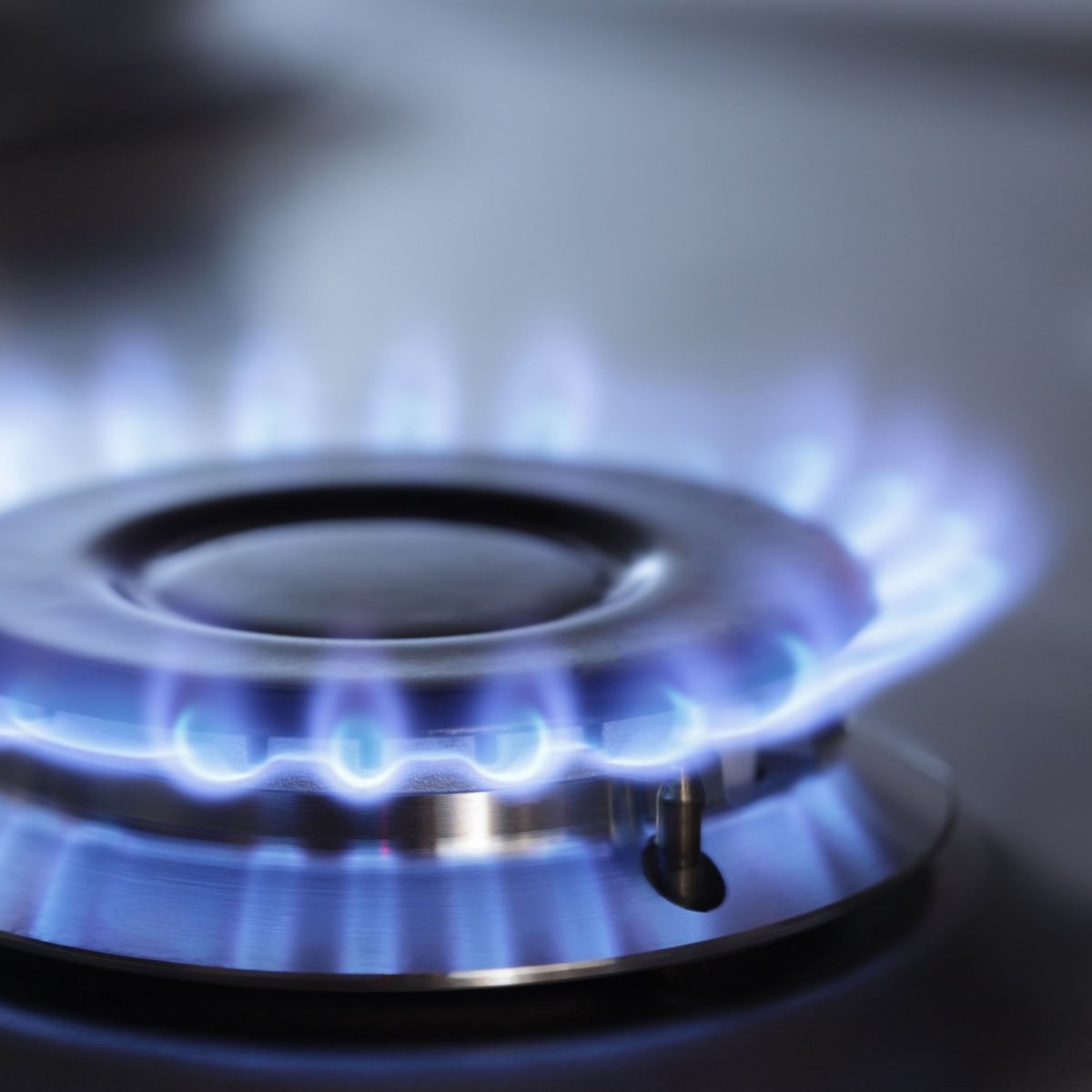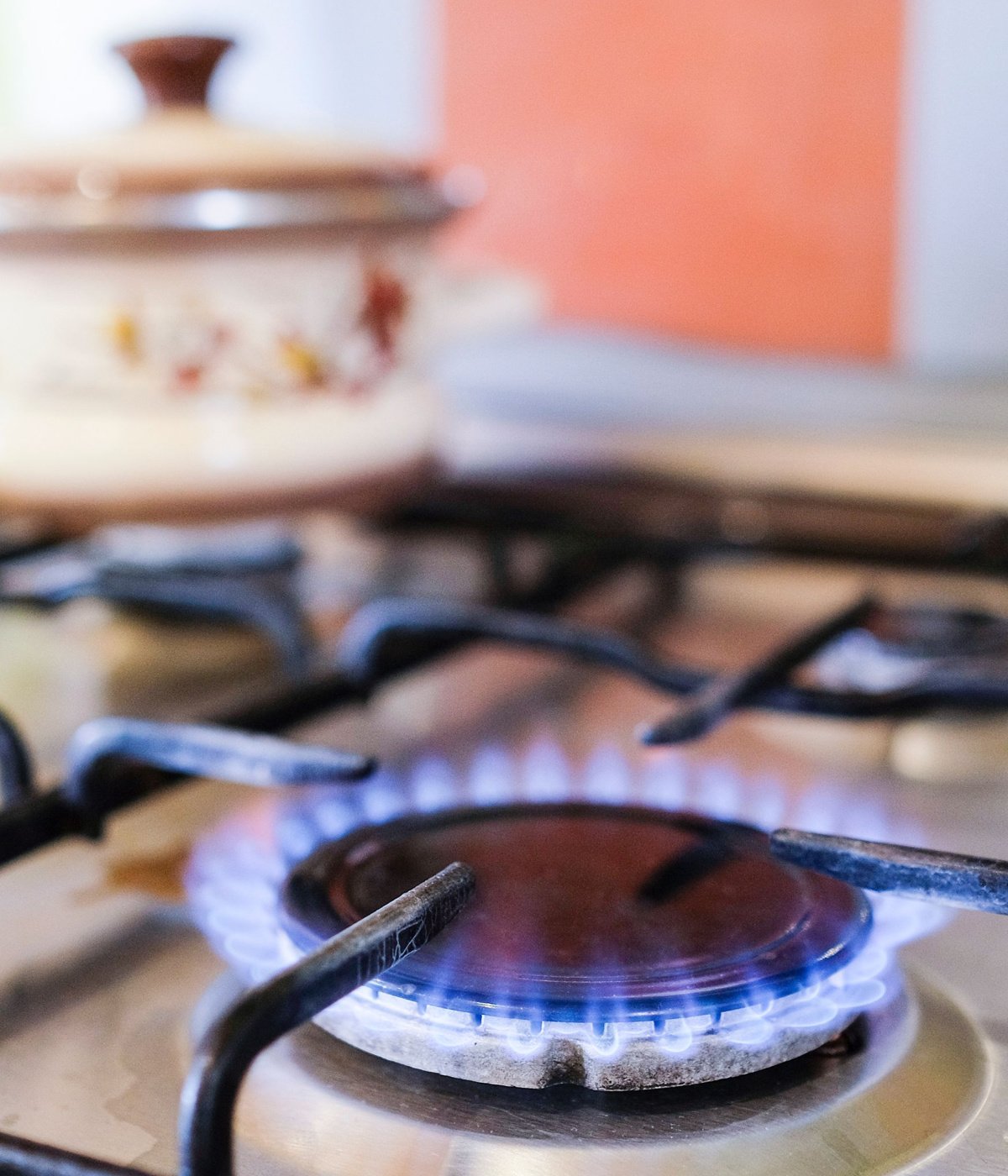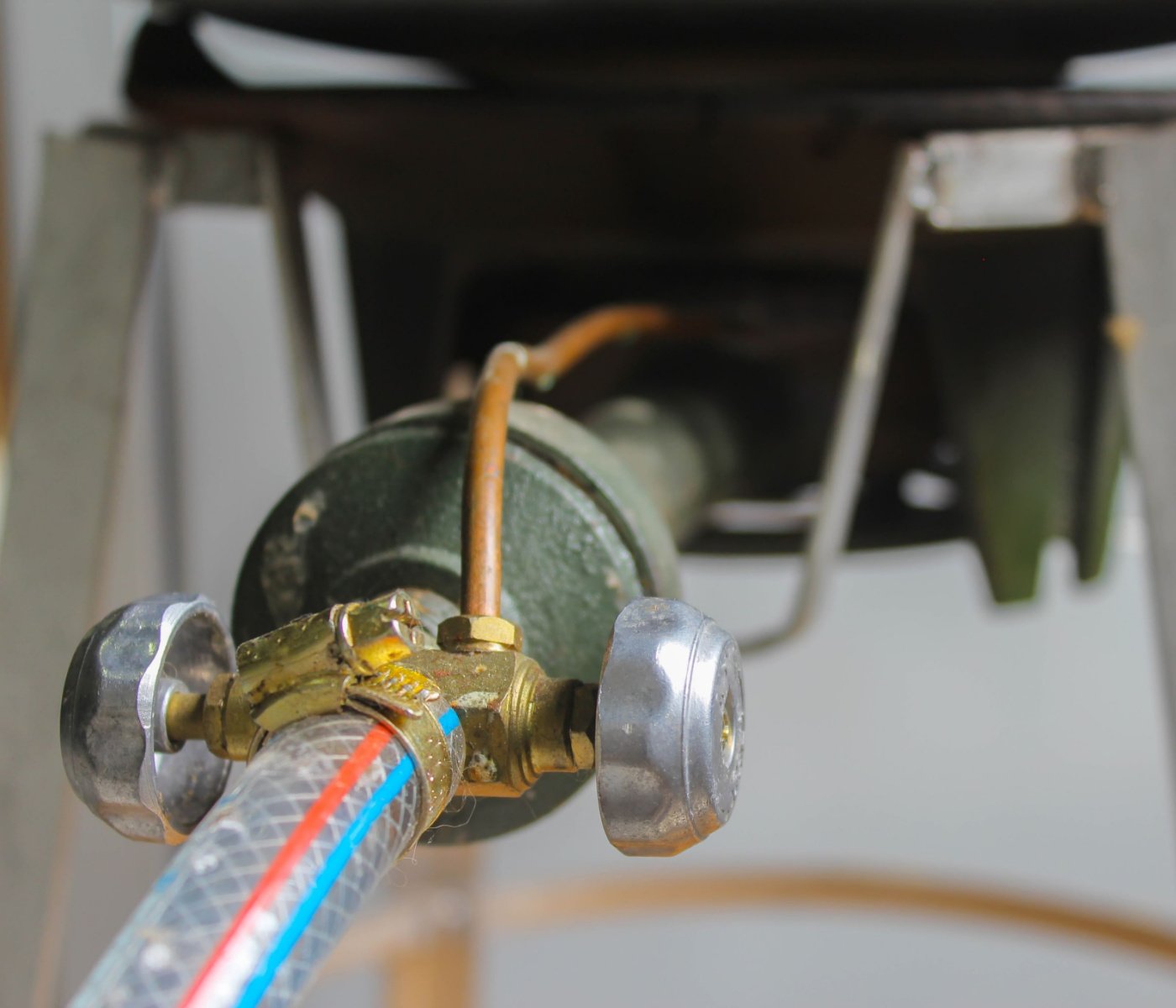When you're rushing to make dinner, it can be easy to accidentally leave a gas stove on. While in most cases it might not be a serious hazard, in others it can have serious consequences. What should you do if your gas stove is left on?

If you left your gas on, give the air a smell and see if you pick up the scent of gas. If you don't, simply open a window and turn on a fan. If you do, it's safest to leave the house immediately and call 911.
In situations like these, it's always better to stay as informed as possible. To get the information you need, take a look at our guide below.
Table of Contents
Why It's Dangerous to Leave Your Gas Stove On
Gas stoves work by running a stream of natural gas to an ignition source attached to each burner. Normally, the ignition source lights the gas and creates a flame. However, if the ignition source fails to work and the gas is left on, it can cause gas to leak into your house. There are two main hazards that this case presents.
Risk of Fire
Natural gas is combustible, which is why it makes such a good fuel for cooking. When it is fueling your burners in a steady stream, it can create a small flame. However, if it leaks into your home and fills up an entire room, large quantities can ignite all at once, causing a major disaster that can reduce the entire building to ashes.

It doesn't necessarily take a match or a lighter to ignite natural gas. Electrical appliances like toasters, microwaves, or light switches can be enough to spark a fire.
To add to the danger, it can take an hour or more for all the gas that has built up in your house to dissipate, even with a fan and open windows. That's why it's important to leave the building and call the fire department if you wake up and smell gas that has been leaking all night.
Carbon Monoxide Poisoning
As if the risk of fire wasn't bad enough, carbon monoxide poisoning can also result from a gas leak. Carbon monoxide poisoning is dangerous because you can't smell or taste the gas. If you don't have a carbon monoxide detector, it can build up in your house and cause serious harm.
High doses of carbon monoxide gas can cause you to become dizzy and experience headaches or nausea. In the most extreme cases, it can even cause you to lose consciousness.
Do I Have a Gas Buildup in My Home?
While it's always a good idea to exercise caution when working with your stove, most small leaks won't result in a disaster. It's the major leaks that are a problem, though if you leave your stove on for a few minutes or so, you shouldn't worry. Just open a window and wait a while before you start cooking.
However, if your gas was left on for an extended period, there may be a chance you're facing serious danger. The best way to tell is to use your nose. Natural gas has an additive that gives it a spoiled egg smell.
Of course, if you have a carbon monoxide detector in your home, this will also give a clear signal that the air is not safe to breathe.
What Should I Do If I Have a Gas Buildup?

If you left your stove on overnight and your house is full of natural gas, it's important to take immediate action to protect yourself and your property. Follow all of the following steps to stay safe:
Of course, if you are in immediate danger, your best option is to leave your house immediately and call the fire department.
Turn Off the Stove
Before doing anything else, turn off your stove to stop the buildup of gas. Make sure the oven is off, too, even if that means ruining the dinner you've been working so hard on.
Allow Airflow
Once you've stopped the flow of gas, the next step is to give the gas that has already accumulated somewhere to go. Open all your windows to allow for maximum airflow. The amount of time it will take for the gas to clear depends on how much there is, but expect a large gas buildup to take several hours to clear completely.
Don't Touch Any Electronics
When there is a gas leak, you should never use microwaves, toasters, blenders, light switches, or handheld electronics. While it's only a small risk one of these could ignite the gas in your home, the results could be deadly, and it's better to be safe than sorry.
It may also be a good idea to avoid starting your car if the garage is anywhere near your kitchen. A car's spark plug can easily ignite a pocket of natural gas.

Leave a Reply